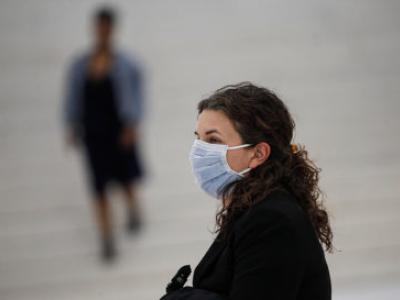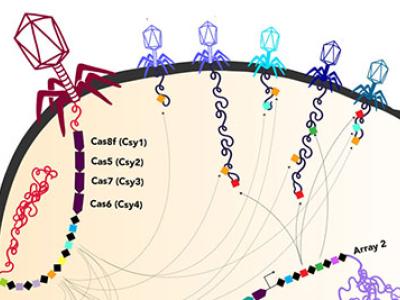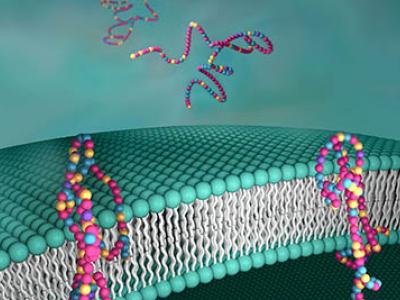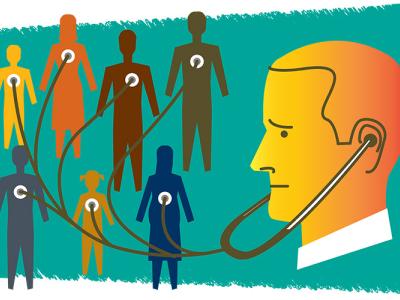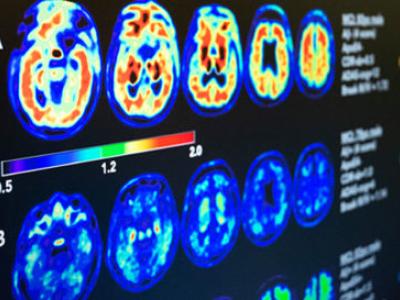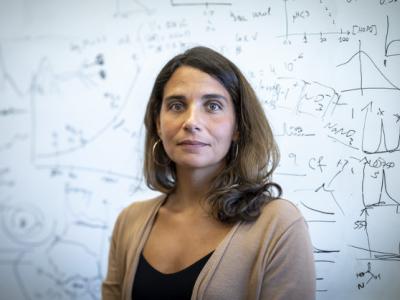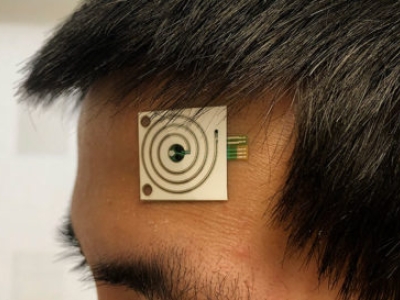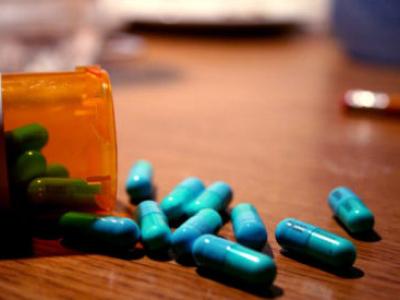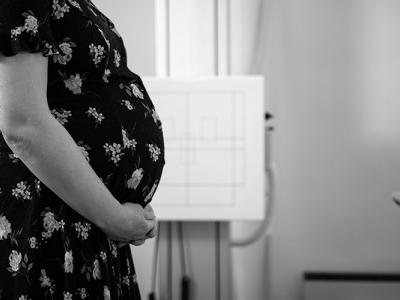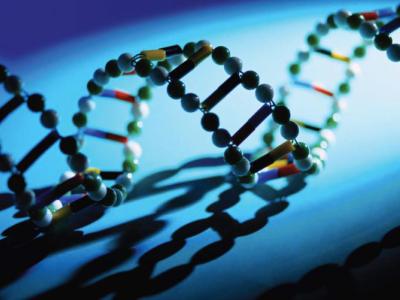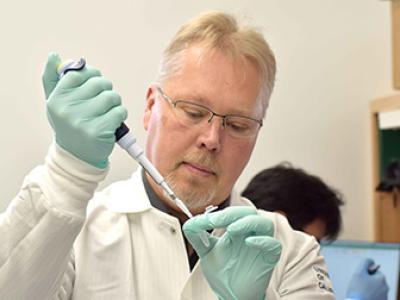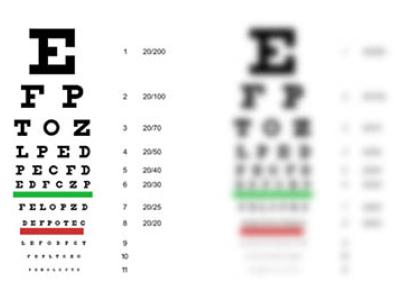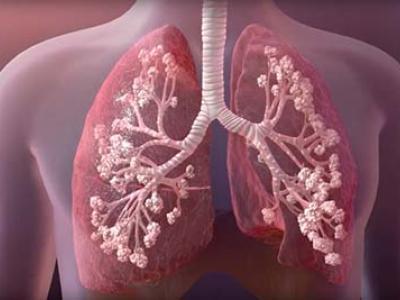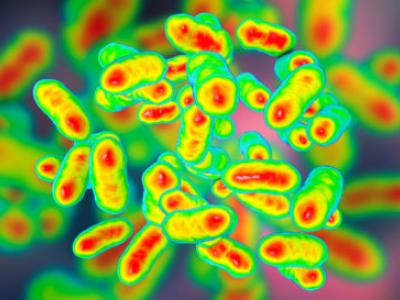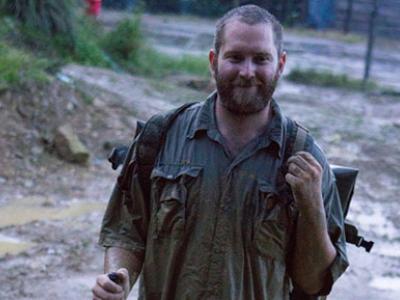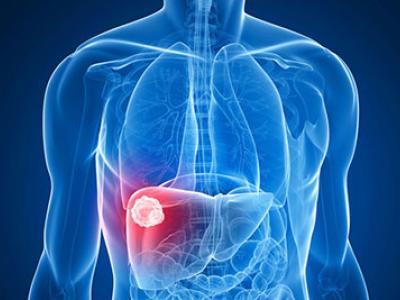Female firefighters exposed to cancer-linked chemicals
A recent study of chemical exposure among women firefighters in San Francisco has identified three types of per- and polyfluoroalkyl substances (PFAS) that are present at elevated levels in firefighters compared to nearby office workers, heightening the firefighters' risk of breast and other types of cancer. Only about 5% of American firefighters are women, and because of their small numbers, they're often neglected in studies of firefighting health risks. "Having a large group of women in San Francisco and interest from the community to answer these questions -- that's why (this study is) important," says doctoral public health student Jessica Trowbridge, the study's lead author. "Their exposure and risk has not been characterized in the scientific literature." For more on this, see our press release at Berkeley News.


